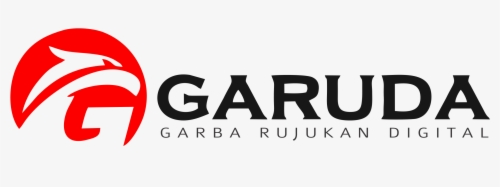Analysis of banking competition in Indonesia and its impact on profitability: Structure conduct performance (SCP) approach
DOI:
https://doi.org/10.22219/jibe.v7i01.27156Keywords:
Competition, profitability, bankingAbstract
In the past decade, the profits obtained by banks in Indonesia have generally tended to increase, except during the pandemic. However, the number of banking business actors in Indonesia has continued to decline, indicating that the banking structure is becoming more concentrated and potentially leading to an oligopoly. Therefore, the purpose of this study is to determine whether the increasingly concentrated banking market structure or weak competition has a significant impact on the growing profitability of banks in Indonesia. If this hypothesis is proven true, it would suggest that banking, as a financial intermediary, contributes to higher costs for economic development, particularly within financial markets. In this study, the Lerner index is employed to measure the level of concentration or competition among banks. Subsequently, the Treatment Effect Model is utilized to estimate the extent of the impact of competition levels on profitability within the banking sector. The findings of the study reveal two key points. Firstly, the reduction in the number of banking players has been accompanied by increased competition among banks in Indonesia, particularly evident after 2016. Secondly, a higher level of concentration or reduced competition corresponds to increased opportunities for banking profitability. Consequently, there are indications that the decrease in the number of banking business actors in Indonesia is correlated with heightened competition, suggesting improved efficiency in banking management. This phenomenon could elucidate the reason why profitability in the banking sector appears to be on the rise despite a decrease in the number of banking players.
Downloads
Downloads
Published
Issue
Section
License
Copyright (c) 2023 Dwi Budi Santoso, Eddy Suprapto, Rinny Apriliany Zakaria, Husniyah Ayu Kusumaningrum, Hidsal Jamil

This work is licensed under a Creative Commons Attribution-ShareAlike 4.0 International License.
















